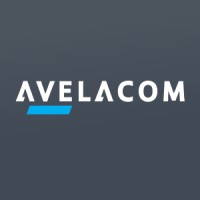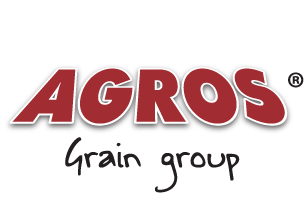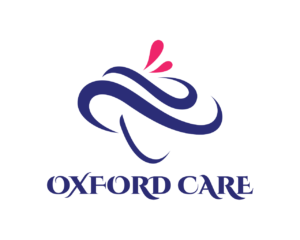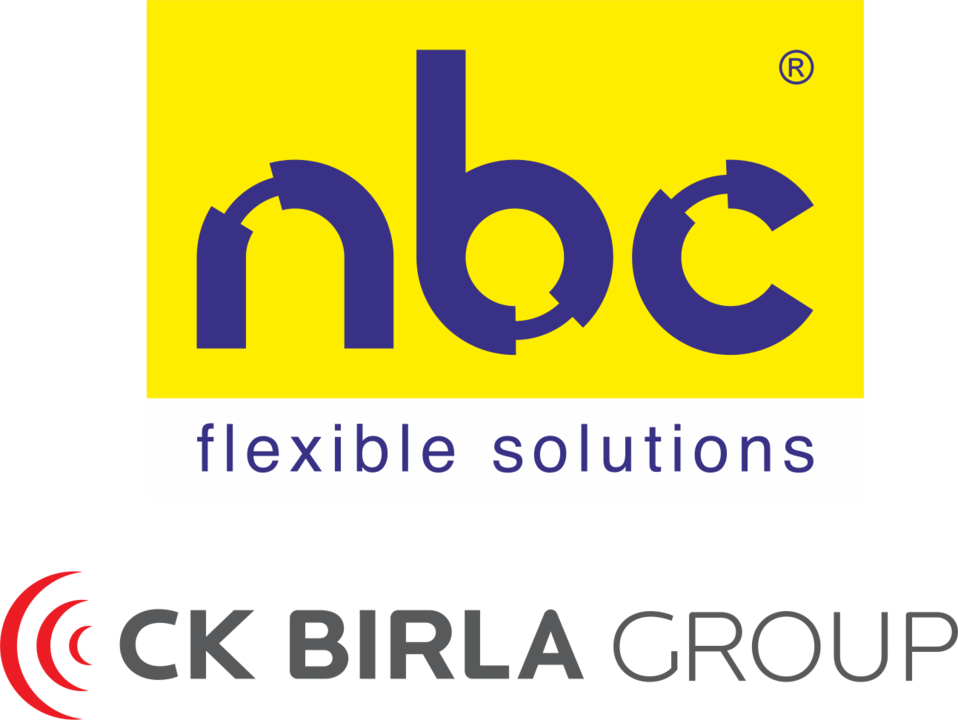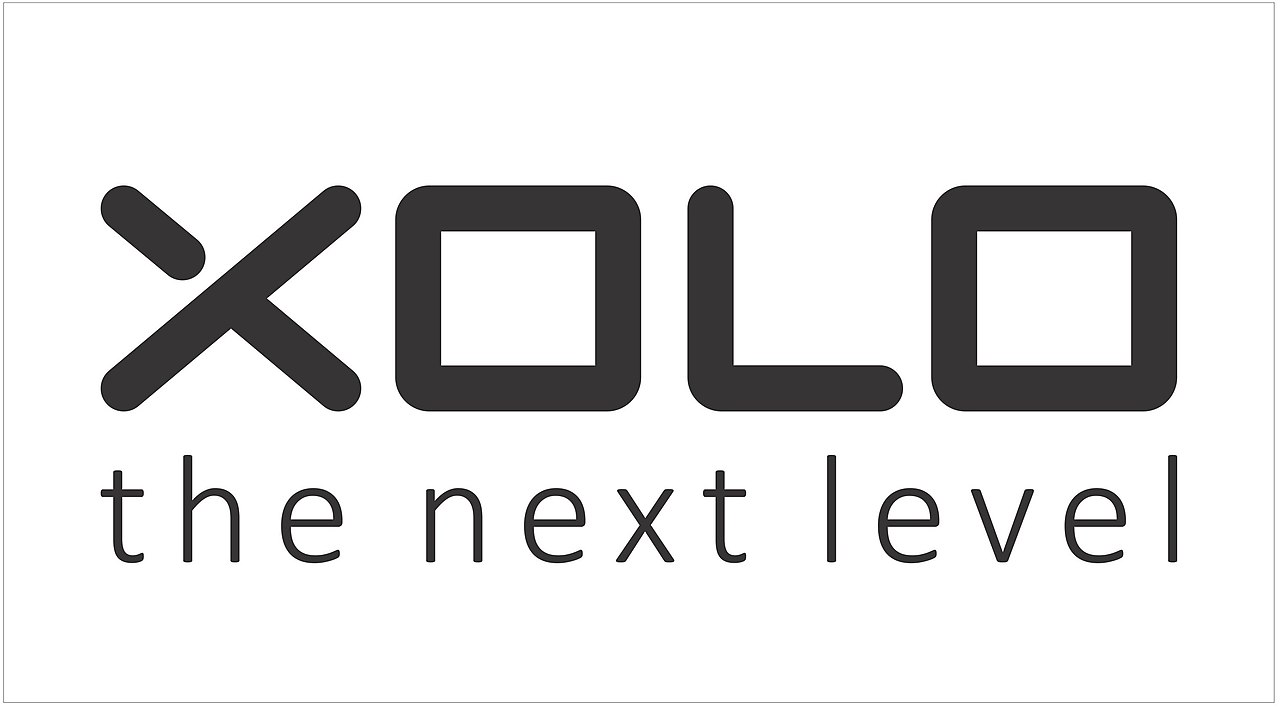Achieving ISO 17025 accreditation provides a multitude of benefits to laboratories, transcending beyond mere compliance to fostering a culture of quality, precision, and continuous improvement. Here are the key benefits that laboratories can enjoy:
1. International Recognition
ISO 17025 is internationally recognized, meaning that test and calibration data from accredited laboratories are accepted across global markets. This international recognition facilitates easier access to new markets and reduces barriers to trade, as clients and partners can trust the accuracy and reliability of results without the need for re-testing in another country.
2. Enhanced Reputation and Competitiveness
Accreditation serves as a testament to a laboratory’s commitment to excellence and quality. It enhances the laboratory’s reputation among customers, regulatory authorities, and industry peers. This elevated status can lead to increased business, as potential clients prefer laboratories that demonstrate compliance with internationally recognized standards.
3. Improved Efficiency and Reliability
ISO 17025 accreditation requires laboratories to implement a quality management system that promotes efficiency and reliability in all processes. This leads to optimizations that reduce errors and rework, saving time and resources. Laboratories benefit from streamlined operations and the consistent production of reliable, high-quality results.
4. Increased Customer Confidence
Clients place their trust in accredited laboratories because ISO 17025 serves as a benchmark for technical competence. Laboratories that meet these standards are capable of producing more accurate and dependable results, leading to increased customer satisfaction and loyalty.
5. Compliance with Regulatory and Legal Requirements
Many industries and regulatory bodies require or prefer testing and calibration services from ISO 17025 accredited laboratories. Accreditation ensures that laboratories are fully compliant with industry-specific regulations and legal requirements, avoiding penalties and facilitating smoother operations.
6. Continuous Improvement
The ISO 17025 standard encourages laboratories to continuously monitor and improve their processes. This not only enhances their operational capabilities but also fosters a culture of excellence and innovation within the laboratory, ensuring that it remains at the forefront of technological advancements and best practices.
7. Benchmark for Performance
Accreditation provides an objective benchmark for the performance and capability of a laboratory. Regular assessments and internal audits ensure that laboratories maintain their high standards and strive for continual improvement, leading to better service for their clients.
Conclusion
The benefits of ISO 17025 accreditation extend far beyond the walls of the laboratory. They ripple out to impact the entire ecosystem of stakeholders, from regulatory authorities to end consumers, by ensuring that laboratories operate at the highest standards of quality and efficiency. For laboratories committed to excellence in testing and calibration, ISO 17025 accreditation is not just an option—it’s a strategic imperative that drives business growth, enhances operational efficiency, and solidifies their standing in the global marketplace.
ISO 17025 not only sets a laboratory apart in terms of quality and reliability but also embeds a continuous improvement ethos into its DNA, ensuring that it remains competitive and relevant in an ever-evolving scientific landscape.



